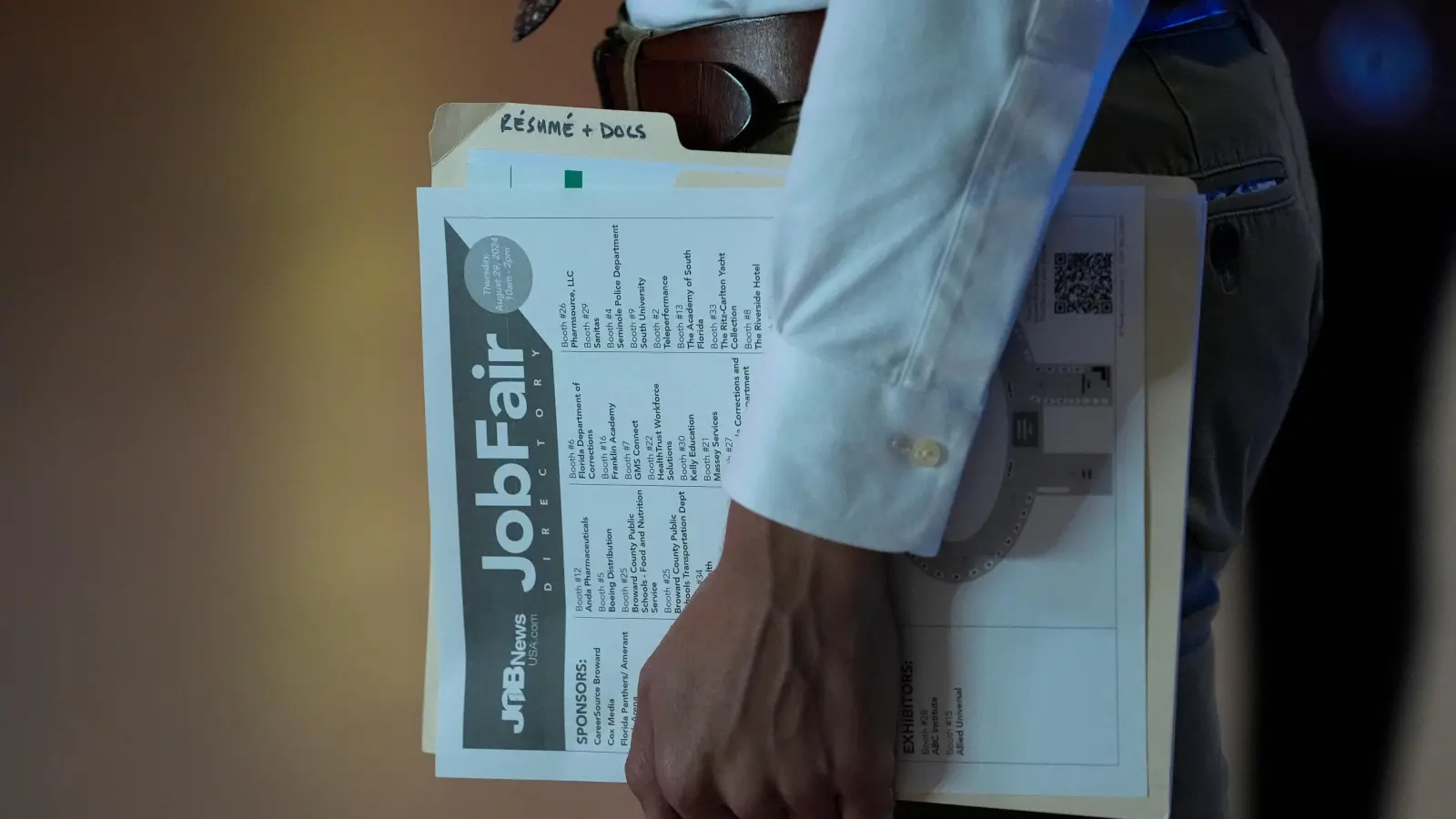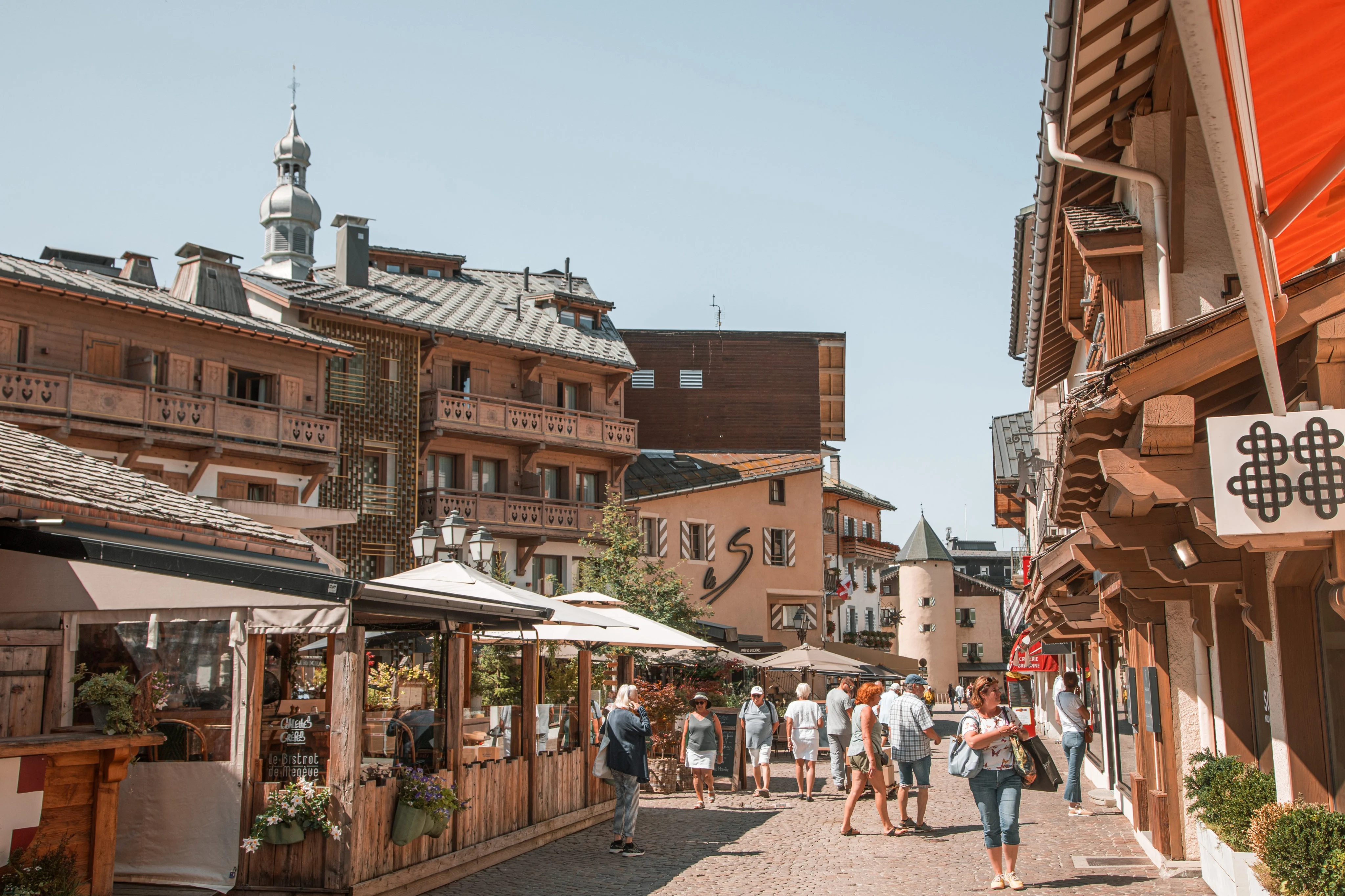By Vistorina Malapi
Copyright namibian

Namibia feels like it has two economies.
The first is the formal nine-to-five job with salaries and payslips.
The second is more hidden: the “order with me” WhatsApp groups, people selling fat cakes after work, doing nails and lashes at home, selling clothes on Instagram, or using mobile money to get paid for small jobs.
This is the side-hustle world. But how big is it, and what does it mean for Namibia’s future?
Economist Omu Kakujaha-Matundu estimates that the informal sector, which includes these side hustles, makes up about 60% of the economy.
That means more than half of Namibia’s population is self-employed in some way by selling vegetables, running taxis, or even formal workers with side businesses.
“From what I’ve seen on WhatsApp, formally employed individuals who do ‘order with me’ are growing,” says Kakujaha-Matundu.
Side hustles are everywhere and many Namibians turn to them because the cost of living is rising.
Salaries haven’t kept pace with inflation, which pushes people into these extra jobs for survival.
Kakujaha-Matundu warns that when families spend time and money on hustles just to get by, things like good nutrition and education suffer.
Children might not grow well, schools decline, and the country’s overall well-being can deteriorate.
“A hungry man is an angry man,” he says, warning that rising poverty can lead to crime and unrest.
He calls for government intervention, safety nets and job creation such as a universal basic income funded by Namibia’s Sovereign Wealth Fund, drawing revenue from mining and fisheries.
Simonis Storm associate economist Almandro Jansen says Namibia doesn’t officially track side hustles, but estimates suggest they are a significant part of the informal economy.
“Unemployment drives side hustles. With a 36.9% unemployment rate in 2023, many households have no choice but to create second incomes. Even those with jobs are vulnerable because wages are stagnant, and industries are unstable,” says Jansen.
Jansen compares side hustles to investment diversification: “They’re like a hedge, spreading income risk.”
Mobile money has revolutionised these gigs. In 2023, Namibia had about 2.21 million active mobile money accounts, in a country of only three million people. This shows how ready payment systems are for side hustles.
A student can design posters on Canva, send them via WhatsApp, and get paid instantly.
A woman in a village can sell tomatoes and receive money into her mobile wallet. This fast, low-cost payment system has transformed how people do business.
However, financial literacy remains low at around 43%, so many hustlers don’t know how to manage money, avoid scams, or plan for growth.
Jansen advocates for education embedded in apps and platforms, adding that many side businesses don’t generate much profit or growth.
“Someone selling fat cakes might survive, but they rarely expand into larger companies like Bokomo. Without health insurance, pensions, or job security, these workers remain vulnerable,” says Jansen.
Digital hustling also faces threats like scams, fraud, and cybercrime.
Jansen suggests better data, portable protections like wallet-linked microinsurance, and clearer platform rules. He believes hustlers should be equipped to move up, not just stay stuck.
Economist Josef Sheehama says digital tools are fuelling the explosion of side hustles. Financial inclusion has improved by 78%, and about 40% of Namibians use fintech services.
Even rural areas benefit from mobile money, enabling people to save, borrow, and invest through their phones.
“High living costs and low wages are the main drivers but side hustles also teach skills budgeting, advertising, managing customers,” says Sheehama.
Sheehama warns, however, about inconsistent income and burnout.
Many hustlers are juggling their main jobs and side gigs. Some fall into debt due to poor planning.
He says fintech should not only provide tools but also educate users on budgeting, saving, and avoiding debt traps.
All three economists agree that Namibians hustle because they must. Some are trying to survive; others see opportunities to earn extra money, and some hope to grow their side businesses into full-fledged companies.
Hustling has become part of daily life. The key question remains: will the government provide the right support and rules to help these side hustles grow into businesses that uplift families and strengthen the economy?



